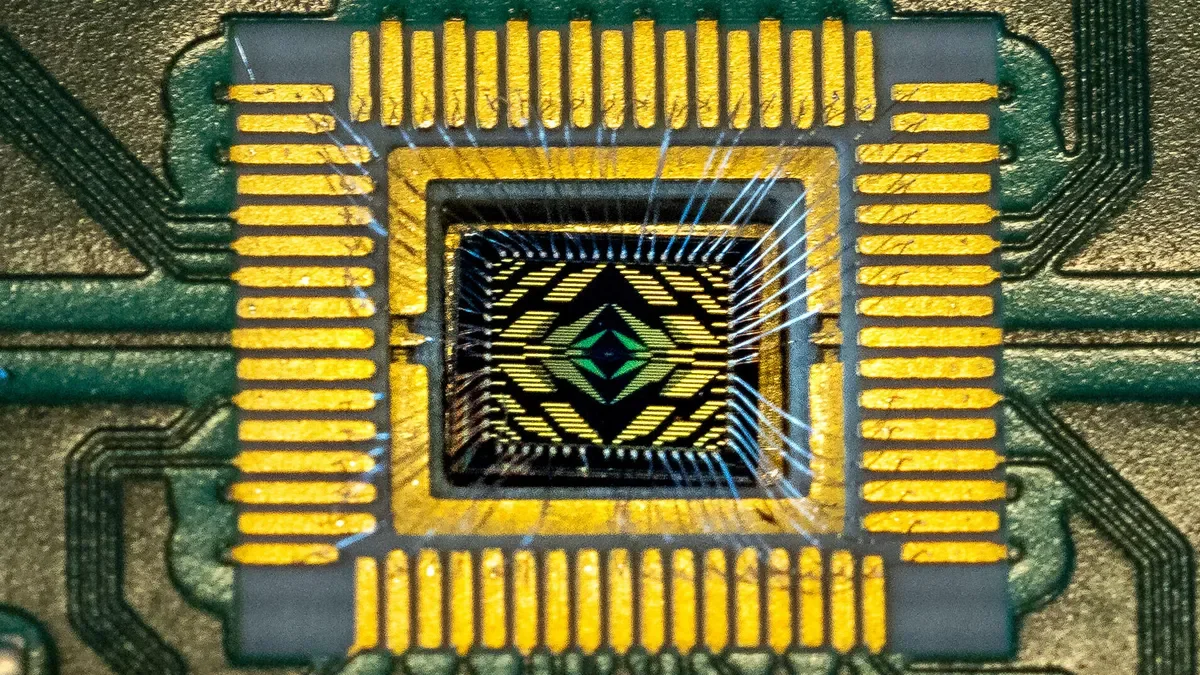Intel Plans a Quantum Computing Approach to Leapfrog Rivals

21st September 2023
Intel is advancing its quantum computing efforts with a sequel to its Tunnel Falls quantum processor, aiming to leverage its expertise in conventional silicon-based manufacturing. Despite trailing competitors with machines housing dozens of qubits, Intel focuses on improving the quality and reliability of its qubits rather than merely increasing their number. The company believes that by integrating decades of experience in silicon technology, it can eventually scale up to millions of error-correcting qubits necessary for practical quantum computing applications. These advancements could significantly impact fields such as battery development, finance, AI, and materials science.
Quantum computing operates on the principles of superposition and entanglement, allowing qubits to perform complex calculations more efficiently than classical bits. Intel’s approach involves using spin qubits within silicon chips, which aligns closely with its existing semiconductor processes. This strategy contrasts with other companies exploring different methods like superconducting qubits or ion traps. Intel’s Chief Technology Officer Greg Lavender and CEO Pat Gelsinger emphasize the importance of scaling and improving qubit quality to achieve effective computing workloads. While it’s too early to declare a definitive leader, analysts see promise in Intel’s unique approach to quantum computing.
21st September 2023
